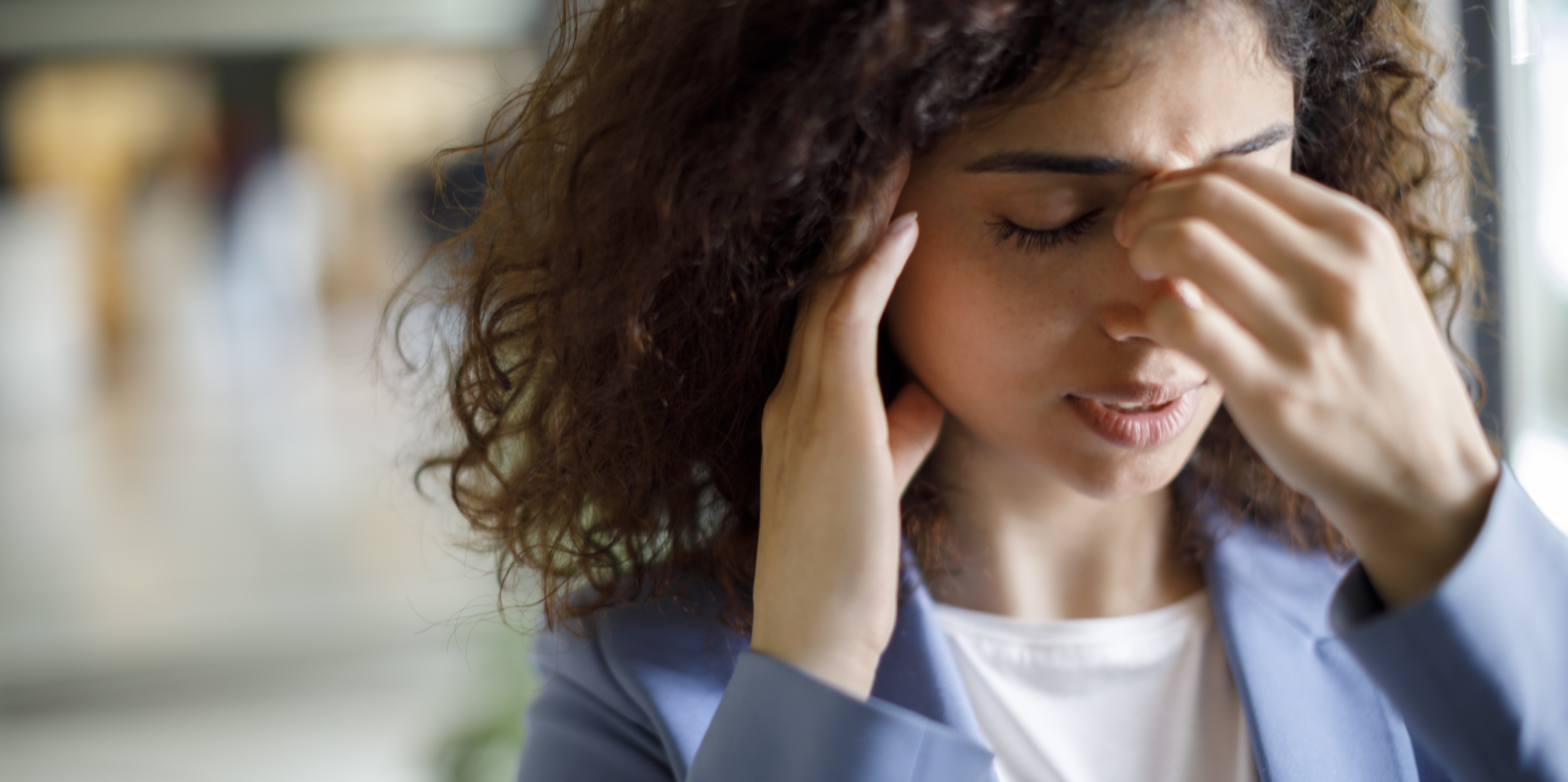Take control of migraine attacks
February 28, 2024-
If you have experienced a migraine attack, you know it can mean more than just a throbbing headache. It can come with other woes — from nausea and fatigue to numbness and blurry vision. These episodes can take a major toll on your daily life, but the good news is there are ways to head off the symptoms and find relief.

What can trigger migraine attacks?
- Stress
- Certain foods and drinks, such as aged cheeses, processed food, and alcohol — especially wine
- Too much caffeine or cutting out caffeine too fast
- Weather changes, such as when the seasons change or there’s a storm
- Poor sleep, including disruptions to your sleep schedule or not sleeping enough
- Hormonal changes, such as during pregnancy or the menstrual cycle
- Dehydration
- Certain environmental triggers, like strong smells, bright lights, and loud noises
- Smoking
Make a migraine diary
Looking for patterns can help you and your doctor figure out when and why your migraine attacks happen. After you recover from a migraine attack, log:
- What time of day the migraine attack started and how long it lasted.
- What medications you took for the migraine attacks and how much they helped.
- The foods and drinks you consumed in the 24 hours before the migraine attack.
- Any extra stress you’re dealing with at home or at work.
- What you were doing when the migraine attack started.
- What the weather was like the day of the attack.
- Any hormonal changes you’re going through.
Migraine treatment
Migraines don’t have a cure, but there are ways to treat them. Talk to your doctor about your symptoms. They might be able to prescribe a medication that either stops a migraine attack in its tracks or helps keep them from happening in the first place.
When a migraine attack strikes
If you feel a migraine attack coming on, these remedies can help ease the symptoms.
- Take any medications your doctor has prescribed for migraine attacks.
- Drink plenty of water.
- Lay down in a dark, quiet room — nap if you can. • Apply an ice pack or heating pad to your neck, shoulders, or forehead.
- Drink a small amount of caffeine. These tips might not work for everyone. Check with your doctor about what’s right for you.
Find help
Try a virtual visit with a doctor anytime 24/7. You can download our SydneySM Health app or go to unicaremass.com.



